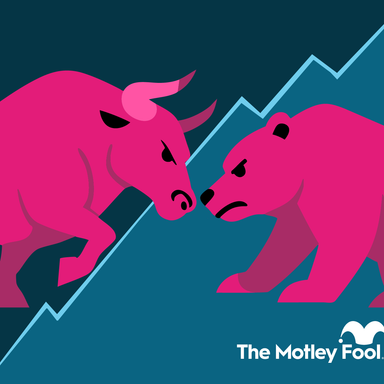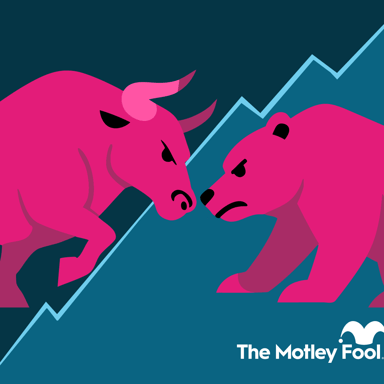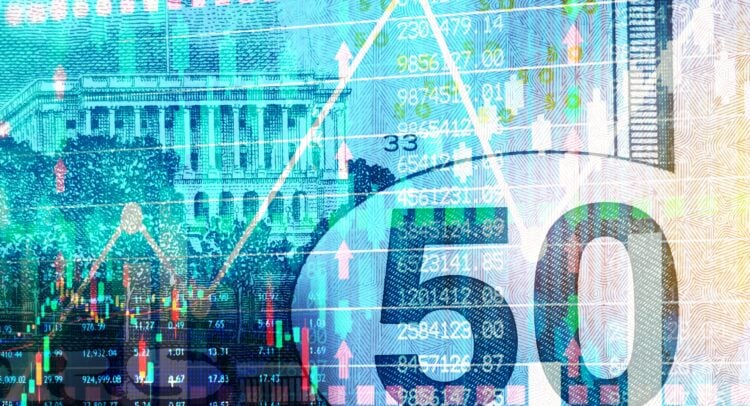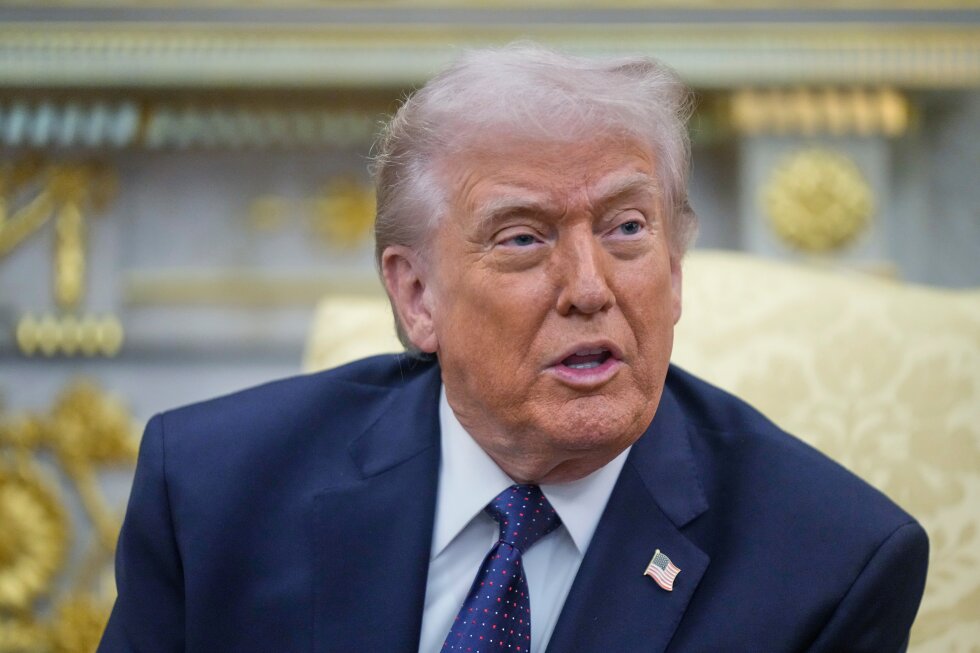Stocks enjoyed broad-based gains Monday, boosted once again by select mega-cap tech names. Still, a sense of caution hung over the session as a Federal Reserve policy statement is due later this week.
Market participants entered the week with their eyes on the next Fed meeting, but there will be plenty of other economic news for them to contend with as well. In addition to the central bank’s latest statement on interest rates, the economic calendar features key readings on home prices, consumer confidence and the all-important April jobs report to wrap up the week.
At the same time, the earnings calendar is heavy with some of the market’s biggest and bluest of blue chip stocks. Dow Jones stocks Apple (AAPL) and Amazon.com (AMZN) will get the most attention, but McDonald’s (MCD), 3M (MMM) and Coca-Cola (KO) are just a few of the other names that could set the tone for trading.
Subscribe to Kiplinger’s Personal Finance
Be a smarter, better informed investor.
Save up to 74%
Sign up for Kiplinger’s Free E-Newsletters
Profit and prosper with the best of expert advice on investing, taxes, retirement, personal finance and more – straight to your e-mail.
Profit and prosper with the best of expert advice – straight to your e-mail.
The main event for now, however, remains the Fed meeting, which will wrap up with a policy statement on Wednesday afternoon. Traders and investors entered the year expecting as many as seven quarter-point cuts to the short-term federal funds rate. But stubborn inflation and concerns about slower economic growth have greatly pushed back expectations for lower rates.
“Growth in the U.S. economy was slower than expected in the first quarter, and at the same time, prices paid for goods and services increased more than expected,” wrote Anthony Saglimbene, chief market strategist at Ameriprise. “Market odds continue to point to just one or two rate cuts in 2024. However, we believe the stock market can come to grips with a reduced number of rate cuts for this year if fundamental conditions are sound and the Fed’s next move is a rate cut.”
As of April 29, interest rate traders assigned just a 27% probability to the Federal Open Market Committee (FOMC) enacting its first cut in July, down from 49% a month ago, according to CME Group’s FedWatch Tool. Odds of a September cut stand at 44%, up from 30% a month ago.
In major single-stock news, Alphabet (GOOGL) lost 3.4% Monday – but then the Google parent rallied more than 10% during the final session of last week. A strong quarterly report that included the announcement of its first-ever dividend helped GOOGL top $2 trillion in market capitalization Friday, a level it held through today’s session.
In other big-tech single-stock news, Meta Platforms (META) continued its slide from last week. Shares in the Facebook and Instagram parent pulled back after it provided light guidance for second-quarter revenue and spooked investors with its capital spending forecast.
At the closing bell, the blue-chip Dow Jones Industrial Average was up 0.4% at 38,387, while the broader S&P 500 added 0.3% to 5,116. The tech-heavy Nasdaq Composite rose 0.4% to 15,983.
Apple and Tesla save the day
Apple stock is down nearly 10% for the year-to-date, making it something of a disappointment as a Magnificent 7 stock, but the world’s second-largest publicly traded company helped drag the market higher Monday. AAPL gained 2.5% after the iPhone maker was upgraded to Outperform (the equivalent of Buy) by analysts at Bernstein.
Apple has been an outstanding long-term holding. Not only was it one of the 30 best stocks in the world for 30 years, but anyone who put $1,000 into Apple stock a couple of decades ago would be very pleased with their returns today.
However, the real star of Monday’s session was beaten-down Tesla (TSLA). A week ago, TSLA was off more than 40% for the year-to-date, but shares in the electric vehicle maker have since reversed the trend.
Indeed, Tesla soared more than 15% Monday – adding more than $82 billion in market value – on news the company cleared key regulatory hurdles that were blocking its rollout of self-driving software in China, its second largest market.
Related content
















